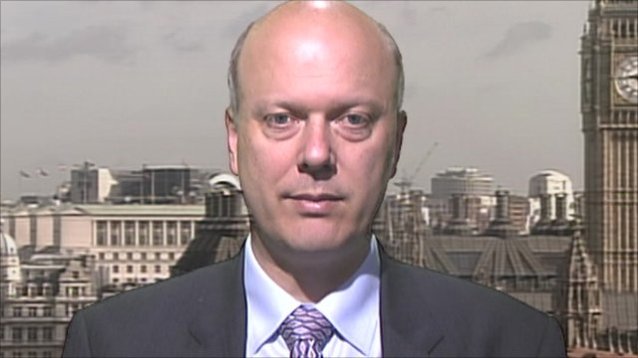
It is not just the DWP that can make a fine mess of pensions. A report just out from the National Audit Office reveals how thousands of steel workers have been swindled out of their their company pensions by incompetent and in some cases dodgy financial advisers.
Rocked by the sudden collapse of Tata in 2016 – brought out for a £1 by private equity group Greybull only to collapse again and be taken over by a Chinese firm, this uncertainty led to the government separating out British Steel’s pension scheme from the company to protect people who still had a final salary scheme.
But unfortunately some were offered to swap their pension for a far more risky package that no longer guaranteed a final salary pension.. The scheme now closed allowed steelworkers to retire on a final salary at 60 or 55 if they were made redundant. Who today would not welcome such a good deal.
But some 8000 steelworkers chose to use their right to transfer out of the pension scheme. Some 95 per cent of them were advised by independent financial advisers. Nearly half the steelworkers were given dud advice.
The workers were given only a short window to transfer by companies that had little experience in dealing with such a large number of people. The companies also made a shed load of commission for themselves in handling the deals.
The report concludes that the workers in places like Teesside and Scunthorpe were vulnerable to pension mis selling by financial advisers. Already spooked by whether they would keep a job, they thought it was a good idea to opt for a private pension. They have now lost an average of £82,600 – with some losing up to £489,000. The maximum claim they can make is £85,000 or £50,000 of the firm collapsed earlier. The total amount lost comes to £18m.
Industrial scale of the rip offs
The industrial scale of the rip offs can be shown by how many firms have been fined . The Financial Conduct Authority (FCA) has issued £1.3 million of fines and has 30 more enforcement investigations ongoing. It has also changed its approach to regulating the pensions advice market in response. Many of the advisers at the time were one horse businesses -too small then to be regulated.
The investigation has also revealed how badly bodies supposed to protect ordinary people can cope with the problem – The FCA and the Pension Ombudsman- do not come out well – just as the DWP and Parliamentary Ombudsman don’t do a good job in rectifying complaints. The FCA has now sharpened up its act as a result of this – and not before time.
Just like the Parliamentary Ombudsman the process to get redress is complex and difficult to understand, Perhaps it is no wonder that only only 25% (1,878) of members who transferred out of the BSPS [ British Steel Pension Scheme] have sought redress through complaints. The FCA is yet to decide whether to implement a consumer redress scheme for BSPS members, in which all firms involved would have to review their advice and potentially offer compensation.
The report reveals that many don’t even realise they can get redress – so bad have the authorities been in not telling them. Many of them won’t be able to recover all the money because the firms have gone bust and will have to rely on a national compensation scheme.

Meg Hillier, chair of the Commons public accounts committee, sums it up well:
“British Steel pension members were badly let down by placing their trust in the very system designed to protect them.
“The handling of the BSPS case was a failure from top to bottom. Many of the pension advisory firms gave bad advice to customers and the FCA, whose job it is to regulate these firms, was asleep at the wheel.
“Efforts to improve the pension advice market and provide compensation will be too little too late for many BSPS members. “The bottom line is that many pension members have been left out of pocket and seen the rewards for their years of hard work melt away”
The Financial Conduct Authority issued this statement:
“In a letter sent today, the FCA has set out its expectation that firms in the scope of a potential redress scheme should retain assets and should not try to avoid their responsibilities.
The FCA has warned it will take such action as it deems necessary if a firm attempts to avoid redress liabilities.
Former BSPS members should continue to check whether they received unsuitable advice and find out how to complain at fca.org.uk/bsps.
Firms should continue to progress any existing FCA required Past Business Reviews and engage in any ongoing enforcement investigations or supervisory work connected to the British Steel Pension Scheme.”
There seems to be another moral of this story, Be wary of silken tongue financial advisers and research very carefully what you want to do with your pension. Remember not all of them are competent and some are just plain dodgy.
Please donate to Westminster Confidential to continue my forensic investigations.
Make a one-time donation
Make a monthly donation
Make a yearly donation
Choose an amount
Or enter a custom amount
Your contribution is appreciated.
Your contribution is appreciated.
Your contribution is appreciated.
DonateDonate monthlyDonate yearlyPlease donate to Westminster Confidential
£10.00

















